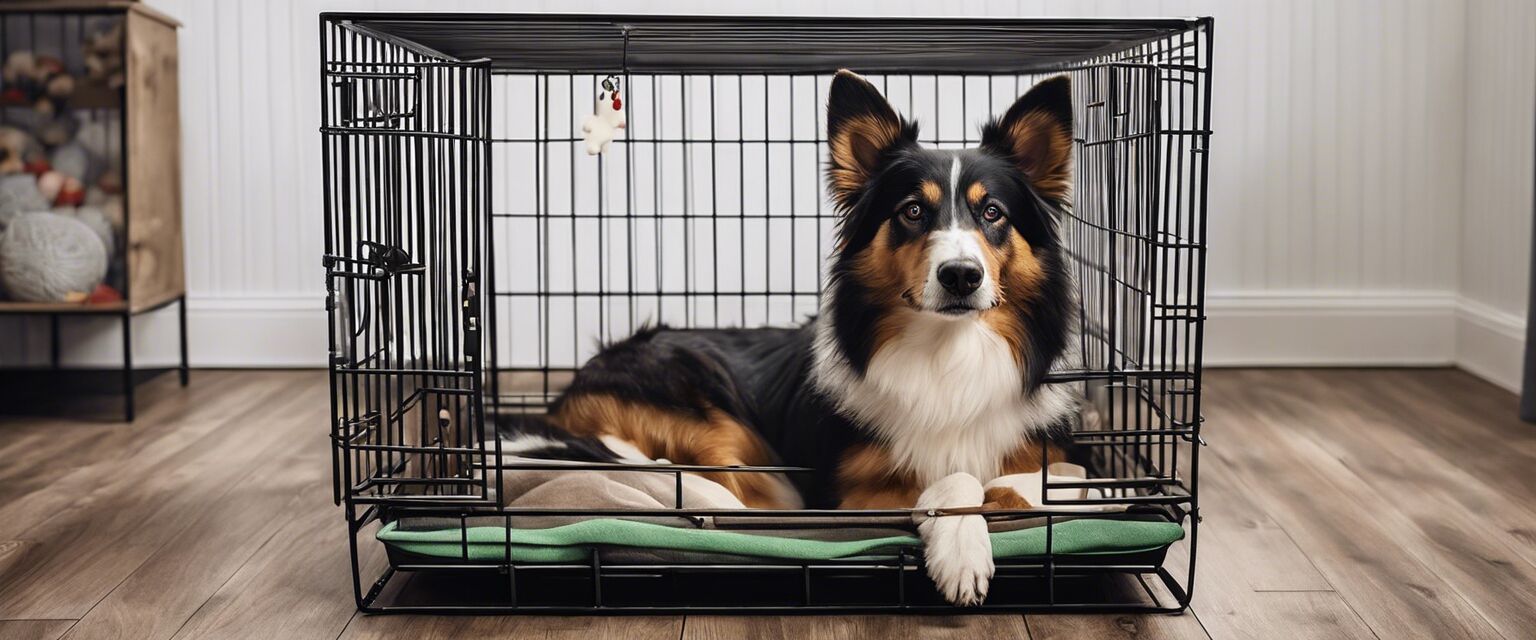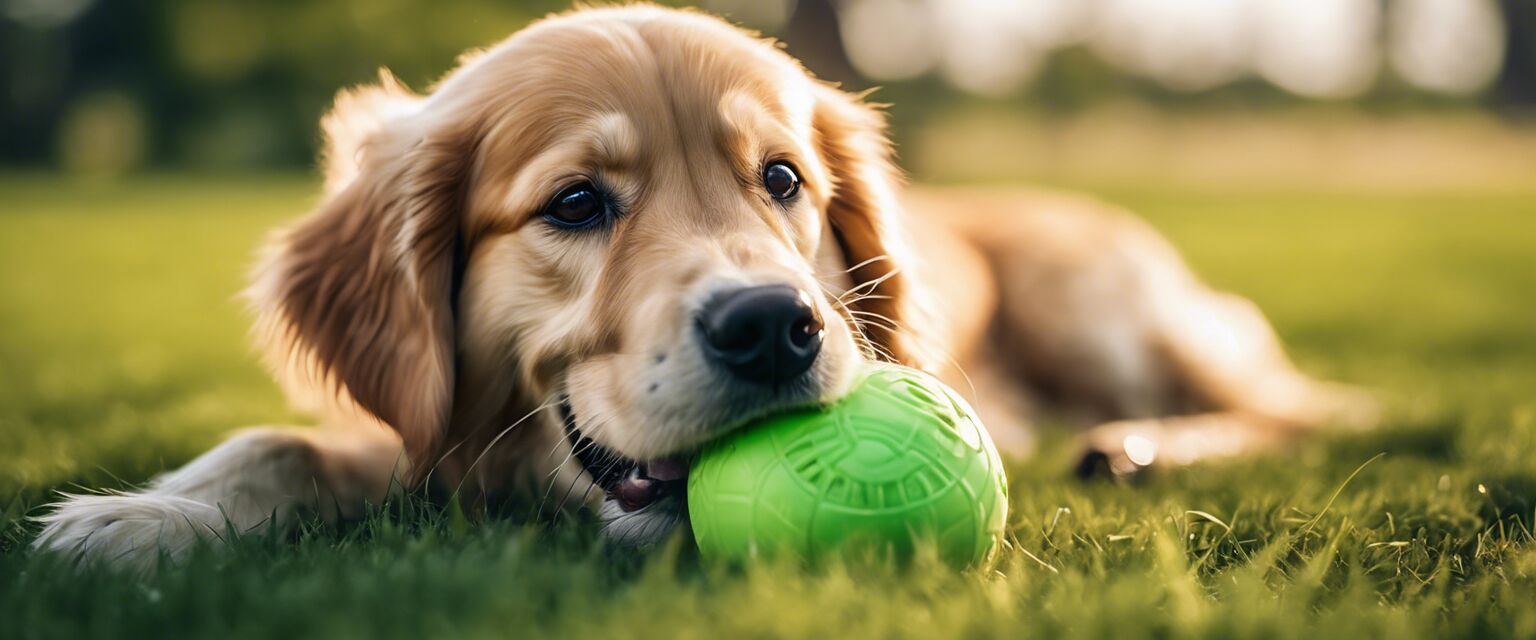
Dog Health & Wellness
Maintaining your dog's health and wellness is an essential part of being a responsible pet owner. This article provides valuable information on veterinary care, nutritional supplements, exercise, and overall care routines for your furry friend.
Key Takeaways
- Regular veterinary check-ups are crucial for early diagnosis and prevention of diseases.
- Proper nutrition and supplements can help improve your dog's overall health.
- Consistent exercise is vital for physical and mental stimulation.
- Providing grooming and hygiene care maintains your dog's coat and skin health.
- Understanding your dog's breed will help you tailor their health care needs.
Understanding Dog Health
Dog health encompasses a variety of aspects including nutrition, physical activity, and regular veterinary care. Staying informed about these can ensure a long, happy life for your pet.
Veterinary Care
Regular veterinary check-ups are essential for maintaining your dog's health. Here are some key components:
| Check-Up Type | Description | Frequency |
|---|---|---|
| Annual Wellness Exam | A complete physical exam to assess overall health. | Once a year |
| Vaccinations | Protects your dog against various diseases. | Every 1-3 years |
| Dental Check | Examines the dog's teeth and gums for health issues. | At least once a year |
Supplements for Dogs
In addition to regular diet, supplements can also contribute to your dog's overall wellness. Below is a list of common types:
- Omega Fatty Acids: Beneficial for skin and coat health.
- Glucosamine: Helps support joint health, especially in older dogs.
- Probiotics: Supports digestive health.
- Multivitamins: Provides essential vitamins and minerals.
Tips for Choosing Supplements
- Consult your veterinarian before adding any supplement to your dog's diet.
- Look for high-quality brands with transparent ingredient lists.
- Monitor your dog's reaction after introducing new supplements.
Importance of Nutrition
Proper nutrition plays a crucial role in your dog's overall health. Feeding your dog high-quality food suited to their age, size, and health needs is essential. Understanding the dietary requirements can help you make the right choices.
| Dog Size | Recommended Daily Calories |
|---|---|
| Small (under 20 lbs) | Below 400 calories |
| Medium (20-50 lbs) | 400-800 calories |
| Large (over 50 lbs) | 800-1600 calories |
Exercise Needs
Dogs require regular exercise to maintain good health. Exercise not only keeps them physically fit but also provides mental stimulation. Here are some popular activities:
- Daily walks
- Playtime in the yard
- Agility training
- Swimming
- Biking while your dog runs beside

Creating an Exercise Routine
When creating an exercise routine for your dog, consider factors such as their age, breed, and health condition. Gradually increase the intensity and duration of activities.
Pros
- Improves physical health.
- Reduces behavioral issues.
- Strengthens the bond between you and your dog.
Cons
- Over-exercising can lead to injuries.
- Requires time and planning.
Grooming and Hygiene
Regular grooming is essential for your dog's health. It helps avoid mats and reduces skin issues. Here are some grooming essentials:
| Grooming Activity | Frequency |
|---|---|
| Brushing | 2-3 times a week |
| Bathe | Once a month |
| Nail Trimming | Every 3-4 weeks |
Conclusion
Focusing on your dog's health and wellness is a rewarding journey that builds a stronger bond between you and your pet. Regular veterinary visits, proper nutrition, consistent exercise, and grooming are all vital components that contribute to your dog's overall well-being.

Explore More
For further insights into improving your dog's quality of life, check out our other categories:








